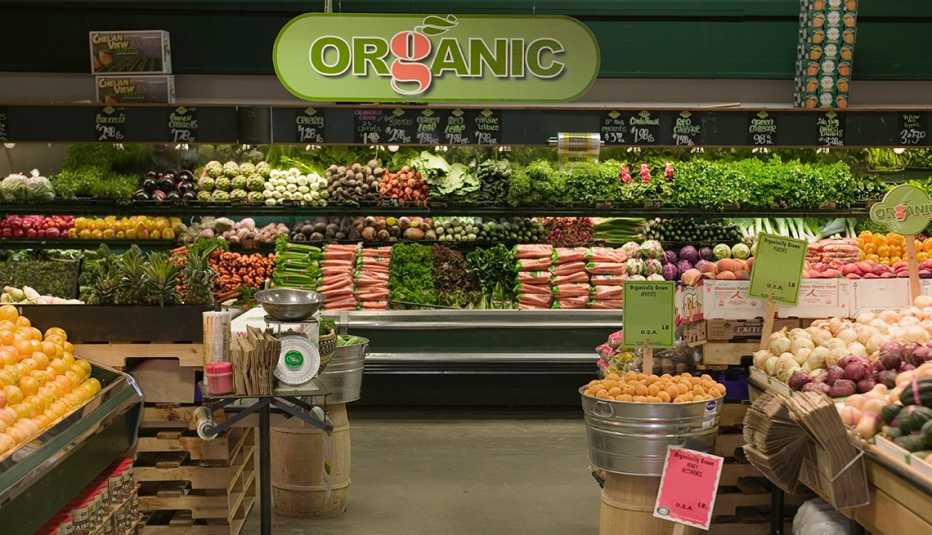AARP Hearing Center


Does any old apple a day keep the doctor away? Or does it have to be organic? The answer is, honestly, “That's impossible to say right now.”
Why is that? First of all, almost nobody eats purely organic versus purely nonorganic, so it's impossible to divide people into two groups for comparison. There's an overlap, and when two groups that are supposed to be different are a bit alike, their outcomes look more like one another.
So there's no evidence that organic foods are better for you? We didn't say that. There is a burgeoning array of large observational studies that look at people who reported willfully eating organic routinely versus people who didn't. As of this writing, the most recent study is out of France, where researchers found a significant difference in cancer incidence between those who eat organic routinely versus those who don't. (Those people who ate organic most often had the least cancer, as you'd expect.)
Well, doesn't that mean that organic is better after all, if it keeps you from getting cancer? The study really isn't conclusive, though.
Aaargh. Why not? Maybe what makes the two groups different is the total level of care they take with their health. It could be that all those people eating organic have access to better medical care, more cash to spend, higher quality of life — that kind of thing. Generally, organic food costs more, which means more well-to-do people — those with better health care and usually better living situations — are more likely to be the ones eating better. So we still don't know for sure. But at least, for the first time, we have a strong association between routine consumption of organic food and an important health outcome.



































































More on health
Tips for Healthy and Delicious Cooking for Two
Ellie Krieger's butternut squash soup recipe and advice for eating wellDump the Ultraprocessed Foods
Healthier do-it-yourself options could help you drop a pound a week6 Brilliant Diet Swaps
How to lose weight (and get healthier) by making a few smart trades